Dry Curly Hair: Reasons, Signs, & How To Treat It With Care
Adapt a gentle haircare routine to give your brittle curls some much-needed TLC.
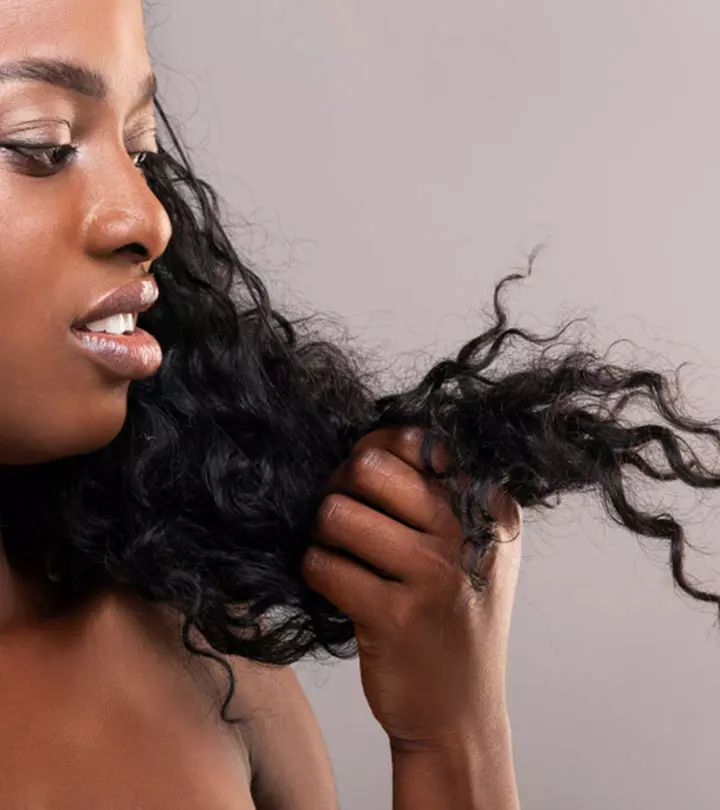
Image: Shutterstock
Dryness is no stranger to curly hair! Due to its coily structure, curly hair tends to dry out quickly. If left uncared for, your dry curly hair is vulnerable to more damage like breakage, split ends, frizz, and roughness. Then there’s the usual mess of stubborn tangles and knots that you have to battle with every day. The kinky and coily curls may become coarse and unruly with unmanageable flyaways and rough strands. That is why your curly locks need some generous TLC every day so they can blossom to their full beauty. Keep reading about what causes your curly hair to dry out and what you can do to treat and prevent it from happening. Scroll down now!

In This Article
Reasons Why Your Curls Dry Out
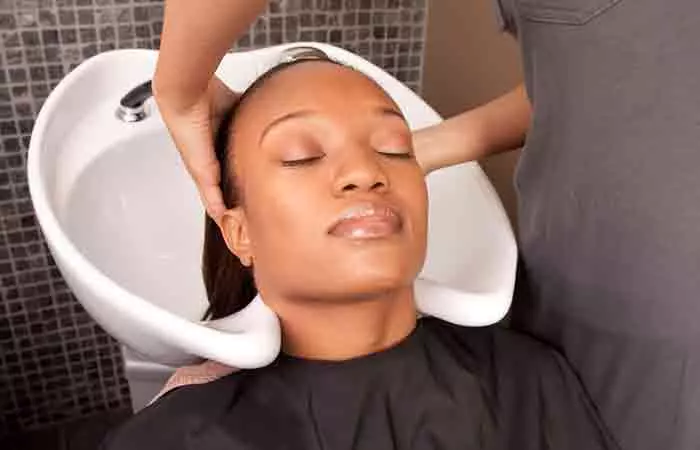
There are many reasons why your curly hair could be drying out. Some of these factors include:
- Low Sebum: Your scalp is moisturized and nourished by the natural oil secretion known as sebum. This oil coats the hair strands and seals in moisture, thus making your hair strong and healthy. Any imbalance in sebum levels can lead to dry hair especially, at the hair ends. Moreover, curly hair is more prone to drying as its coiled structure prevents even sebum distribution to the hair tips. So, the curlier your hair, the harder it will be for your natural hair oils to moisturize the ends. This might lead to sebum accumulating on the scalp and making it greasy, while the hair ends are left dry and frizzy. This results in lackluster hair that appears parched and thirsty.
- Overwashing: Many people aren’t aware of how often should curly hair be washed, which often leads to overwashing. While washing your hair is important for its health and hygiene, frequent or improper washing techniques can strip away your hair’s natural oils and moisture, leading to dry hair. You can wash your hair once or twice a week to maintain the bounce in your curls. You can find a detailed tutorial on how to wash your curly hair.
- Using The Wrong Products: Curly hair often needs styling products that hold the curls in place. However, overuse of styling products can leave behind product residue, leading to scalp build-up and dry hair. If your shampoo contains sulfates and alcohol, it can strip away your hairs moisture, leading to dry curls. These dehydrated curls may also cause static in your hair.
- Skipping Conditioner: Curly hair needs hydration and conditioning to keep it healthy. Condition your hair every time you shampoo it to lock in moisture. If you skimp on conditioning, you will end up with dry, wiry, brittle, and lifeless curls that are prone to breakage.
- Excess Chemical Processing: Hair dyes, bleach, and relaxing agents make your hair porous and vulnerable to dehydration. Thus, coloring or chemically processing your hair too often can strip away the natural oils and moisture from your hair.
- Poor Styling Practices: Using hot styling tools, such as blow dryers, curling irons, and hair straighteners, too often can cause mechanical damage to the hair. Rough styling without prepping your hair with a detangler and a heat protectant can lead to dry hair.
So, there are multiple reasons why you end up with dry hair. So, it is important to learn about the telltale signs of dry hair so you can take care of it properly. Find out below if you have dry curly hair.
Key Takeaways
- Curly hair is prone to drying as its coiled structure prevents sebum distribution to the hair tips.
- Rough styling without prepping the hair with a detangler and heat protectant can lead to dry hair.
- Silk pillows prevent friction on the hair and reduce dryness, frizz, and hair breakage.
Signs Of Dry Curly Hair

- Roughness: The easiest way to gauge if your curls are dry and dehydrated is by touching them. Lack of moisture leads to rough hair.
- Tangles Easily: If you notice that your hair is getting tangled and knotted easily, it needs hydration. Curly hair is naturally prone to tangling. But if you have dry hair, it will tangle more than normal, leading to hair breakage.
- Split Ends: Split ends are a sign that your hair is dry. Curly hair is especially prone to split ends as the natural oils from your scalp don’t reach the hair tips. Lack of moisturization can lead to dry, rough ends, causing the hair shaft to break and result in split ends.
- Dullness: Dry hair is often dull as it lacks sebum that coats the hair shafts and seals the cuticles. Closed cuticles reflect light evenly, so your hair looks shiny and glossy. On the other hand, if your hair is dry, your curls will look dull, limp, and lifeless.
- Excessive Frizz: It is normal for curly hair to have some frizz. However, if you notice more than usual frizz, it signals that your hair is dry and craving moisture. You can read this article to get rid of frizzy hair.
Fatima Sayyed, a blogger, recounts her personal experience with dry curly tresses and the difficulty she dealt with in combating them. She shares in her blog post, “My curls were never coiled; my hair has always been a frizzy, thick ball of mess. It was the same in school and college. Straighteners and blow dryers had a toxic relationship with my hair (i).”
Don’t worry if you notice these signs. We have come up with some simple tips that can help you take care of dry curly hair. Keep reading to find out how.
How To Care For Dry Curly Hair
- Use The Right Shampoo: For your daily hair care routine, look for shampoos with a low pH, as they are best suited for curly hair. Avoid shampoos with sulfates and alcohol as they strip away the moisture from your hair.
- Condition Your Hair: Apart from regularly using a conditioner after washing your hair, it is recommended to use deep conditioners and hydrating hair masks once a week to replenish moisture in the hair. They add softness and shine to your mane by locking in moisture and sealing the cuticles. You can even whip up DIY hair masks with ingredients found in your pantry.
 Quick Tip
Quick Tip- Avoid Hot Temperatures: Switch to washing your hair with cold water to prevent your curls from getting dry. You can also use lukewarm water. Similarly, limit the use of blow dryers and other styling tools such as flat irons and curling tongs.
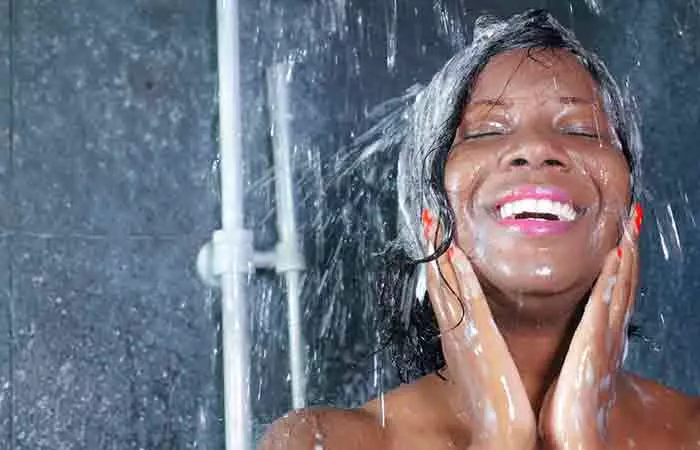
- Limit The Use Of Silicone-Based Products: Although silicone adds shine to your hair, it can also lead to dryness. It is advisable to use such products sparingly.
- Sleep On A Silk Pillowcase: Cotton pillowcases tend to absorb moisture and oil from your hair. Silk, on the other hand, prevents friction on your hair, thus reducing dryness, frizz, and hair breakage.
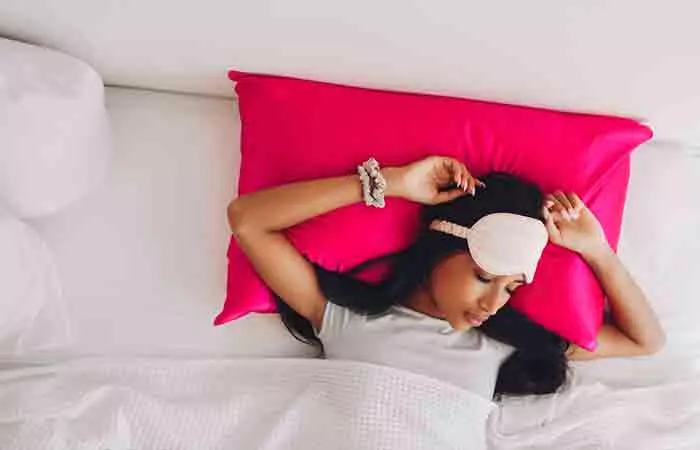
- Get Regular Hair Trims: It is important to trim the hair ends to get rid of split ends. These split ends can progress along the length of your hair, leading to rough and damaged hair.
- Hydrate Your Body: It is also a good idea to keep up with your daily water intake as it is important for healthy hair growth (1). Water helps in absorbing essential nutrients and nourishing the hair and scalp. Thus, drinking adequate water can prevent dehydration, split ends, and hair breakage.
- Scalp Massage: Massage your scalp gently with coconut oil, castor oil, argan oil, and jojoba oil to regulate sebum production and boost blood circulation.
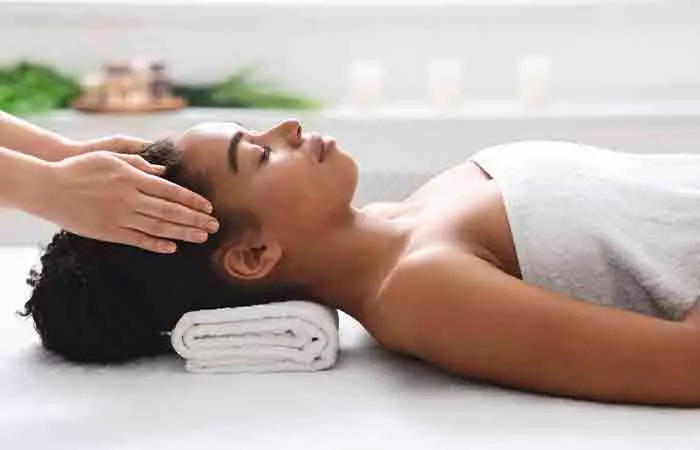
 Quick Tip
Quick TipUse a microfiber towel or a T-shirt to dry your hair as it will limit the friction and control the frizz.
Though the above-mentioned pointers are important to take care of dry curly hair, there are some additional moisturizing tips that you can consider as well to ensure better hair manageability and smoothness.
Moisturizing Tips For Dry Curly Hair
Here are some straightforward yet powerful moisturizing tips that will help you achieve naturally free-flowing tresses and support your dry, curly hair:
- Use a leave-in conditioner that will help lock in moisture and keep frizz away.
- For well-defined curls, frizz control, and enhanced hydration, a curl cream is your go-to product.
- For improved hair manageability, consider investing in a lightweight hair oil or serum to use after shampooing and throughout the day.
- Use hair masks with nourishing ingredients like argan oil, shea butter, coconut oil, and olive oil.
Infographic: Dry Curly Hair: Causes And Hair Care Tips
Curly hair tends to dry out quickly compared to other hair types due to its coiled nature. Lack of a proper hair care routine can result in dry, coarse, and unmanageable curls. That is why understanding why they dry out is crucial to maintaining their vibrancy. Check out the following infographic to learn about the causes behind your dry curls and how to take care of them.
Some thing wrong with infographic shortcode. please verify shortcode syntaxDry curly hair is caused by low sebum levels, over-washing, using wrong hair products, excessive chemical processing, skipping hair conditioner, and poor styling practices. If you want to check if your curly tresses are dry, check for roughness, tangles, split ends, dullness, and frizz. Apart from following a regular hair care routine, curly hair needs a bit more love and care than other hair types. Scroll up to check out the changes you need to incorporate into your daily hair care routine. Once you start following these, tips you will notice your hair looking hydrated, bouncy, healthy, and beautiful.
Frequently Asked Questions
Can I use hair oils or leave-in conditioners to help with dryness in curly hair?
You may use both hair oils and leave-in conditioners to help with dryness. Dr. Anju Methil, a dermatologist specializing in Cosmetic Medicine, says, “Both contain properties that help manage dry curly hair.” She further adds, “They serve to add additional moisture and lock it into the hair shaft, create a barrier on the hair to retain hydration, and decrease frizz by smoothing the hair cuticles”
What is the best oil for dry curly hair?
There are several good oils for dry curly hair. Dr. Fidous Ibrahim, a postgraduate in Medical Cosmetology, Cosmetic Dermatologist & Trichologist, recommends choosing hair products based on hair porosity. She says, “When selecting hair products, consider your curl pattern and hair porosity. High-porosity hair may benefit from thicker oils, while low-porosity hair might prefer lighter options. Choose products with natural oils to avoid harsh chemicals and alcohol.”
Should you brush curly hair every day?
No. You should avoid brushing your curly too often to maintain its natural texture. You can brush it once in 3-7 days, depending on your hair type (dry or oily) and washing schedule.
Is coconut oil good for curly hair?
Yes. Coconut oil is suitable for curly hair as it goes deep into the hair shaft and helps to treat protein loss, making the hair stronger and moisturized. It is one of the best home remedies for curly hair.
Why do my curls feel crunchy?
Your curls may feel crunchy for various reasons, including dryness, damage, chemical processing, and harsh products that strip all moisture from your hair shaft.
Is it okay to wet curly hair every day?
Yes. It is okay to wet your curly hair daily to maintain its moisture and detangle it easily.
What is the deal with the LOC method?
It stands for Liquid, Oil, Cream. It is a way to layer moisture into your curls and keep them soft for longer.
Do protective styles help with dryness?
Yes, they do. Styles like twists or braids help lock in moisture and give your hair a much-needed break from daily styling.
Illustration: Dry Curly Hair: Reasons, Signs, & How To Treat It With Care
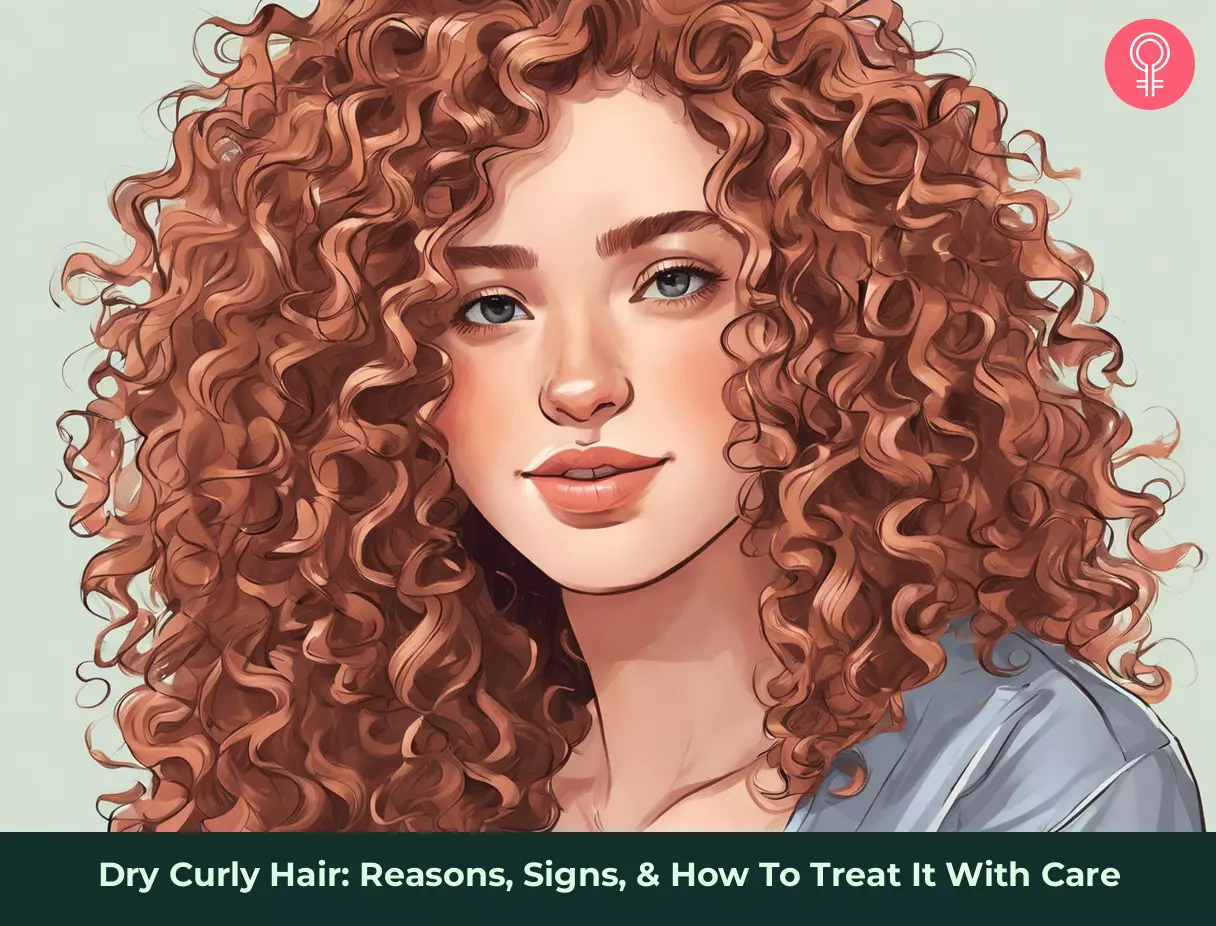
Image: Stable Diffusion/StyleCraze Design Team
Discover simple home remedies to get smooth and silky hair. Check out the video below to get rid of dry hair with natural ingredients in the comfort of your home.
Personal Experience: Source
StyleCraze's articles are interwoven with authentic personal narratives that provide depth and resonance to our content. Below are the sources of the personal accounts referenced in this article.
i. Curly Wild and Dryhttps://medium.com/@sayyedfatima016/curly-wild-and-dry-8e1adaff9d10
References
Articles on StyleCraze are backed by verified information from peer-reviewed and academic research papers, reputed organizations, research institutions, and medical associations to ensure accuracy and relevance. Read our editorial policy to learn more.
- Healthy Hair: What Is it?,
https://www.sciencedirect.com/science/article/pii/S0022202X15526559
Read full bio of Dr. Sravya Tipirneni
- Dr. Firdous Ibrahim is a registered medical esthetic physician with 12 years of experience in the field. She holds life membership with the Indian Medical Association and is affiliated with the Cosmetic Dermatology Society of India. Dr. Firdous is accredited by the Allergan Academy of Aesthetics for non-surgical procedures. Her academic background includes graduation from NTR University of Health Sciences and a post-graduation diploma in Medical Cosmetology from Annamalai University.
 Dr. Firdous Ibrahim is a registered medical esthetic physician with 12 years of experience in the field. She holds life membership with the Indian Medical Association and is affiliated with the Cosmetic Dermatology Society of India. Dr. Firdous is accredited by the Allergan Academy of Aesthetics for non-surgical procedures. Her academic background includes graduation from NTR University of Health Sciences and a post-graduation diploma in Medical Cosmetology from Annamalai University.
Dr. Firdous Ibrahim is a registered medical esthetic physician with 12 years of experience in the field. She holds life membership with the Indian Medical Association and is affiliated with the Cosmetic Dermatology Society of India. Dr. Firdous is accredited by the Allergan Academy of Aesthetics for non-surgical procedures. Her academic background includes graduation from NTR University of Health Sciences and a post-graduation diploma in Medical Cosmetology from Annamalai University. - Dr. Anju Methil, MD, DDV, is a cosmetologist and dermatologist with nine years of experience in the field. She specializes in injections and fillers for non-surgical facial contouring and has trained under top dermatologists and plastic surgeons across the world. Dr. Methil completed her postgraduation in Dermatology from DY Patil Hospital, Mumbai, and has received many awards for her contribution to cosmetic medicine.
 Dr. Anju Methil, MD, DDV, is a cosmetologist and dermatologist with nine years of experience in the field. She specializes in injections and fillers for non-surgical facial contouring and has trained under top dermatologists and plastic surgeons across the world. Dr. Methil completed her postgraduation in Dermatology from DY Patil Hospital, Mumbai, and has received many awards for her contribution to cosmetic medicine.
Dr. Anju Methil, MD, DDV, is a cosmetologist and dermatologist with nine years of experience in the field. She specializes in injections and fillers for non-surgical facial contouring and has trained under top dermatologists and plastic surgeons across the world. Dr. Methil completed her postgraduation in Dermatology from DY Patil Hospital, Mumbai, and has received many awards for her contribution to cosmetic medicine.
Read full bio of Annie Jangam
Read full bio of Eshna Das
Read full bio of Monomita Chakraborty






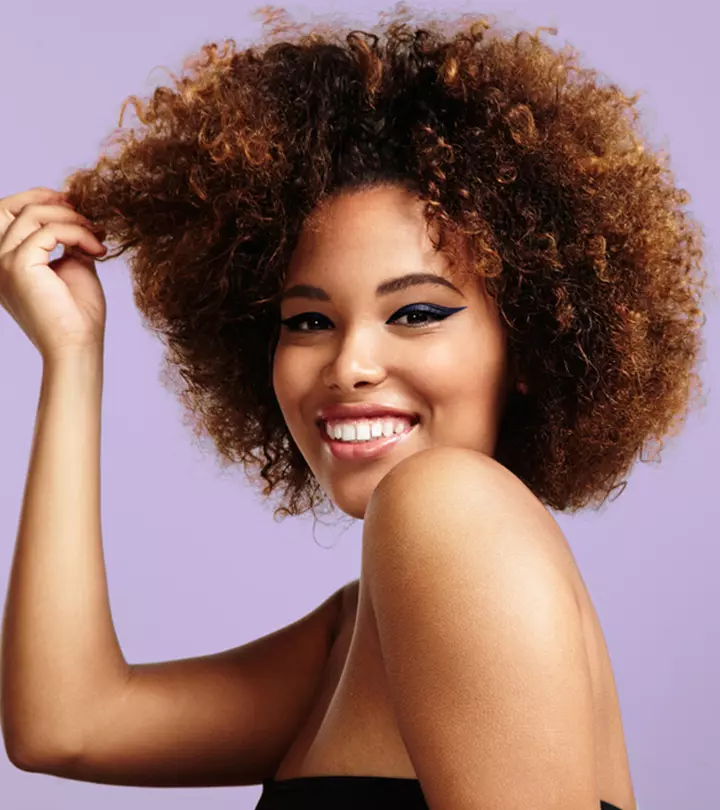
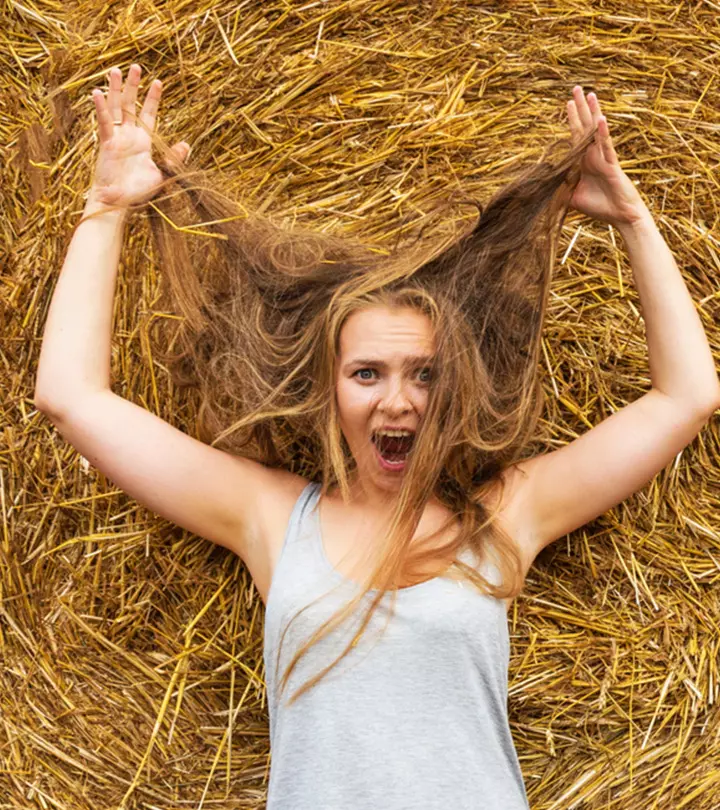
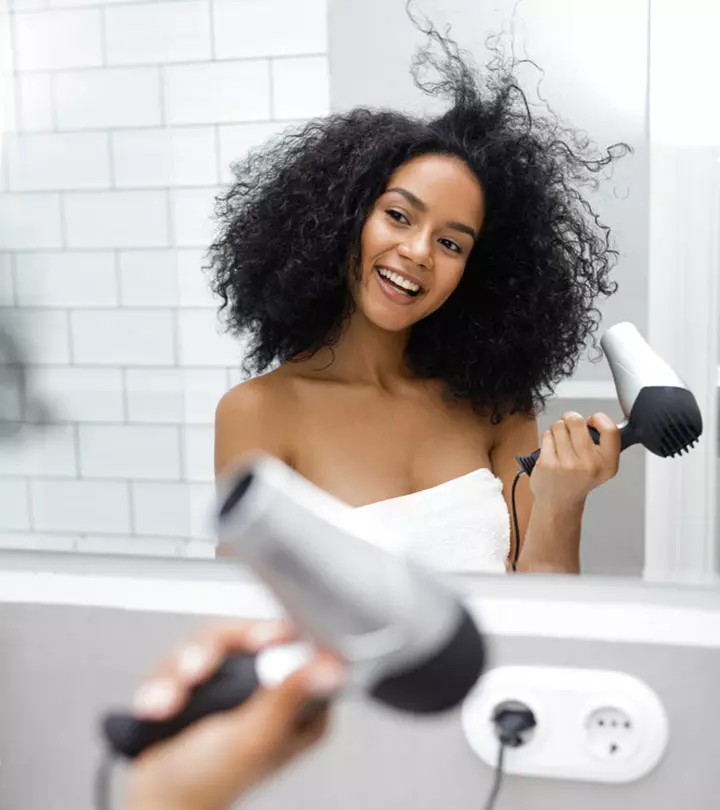
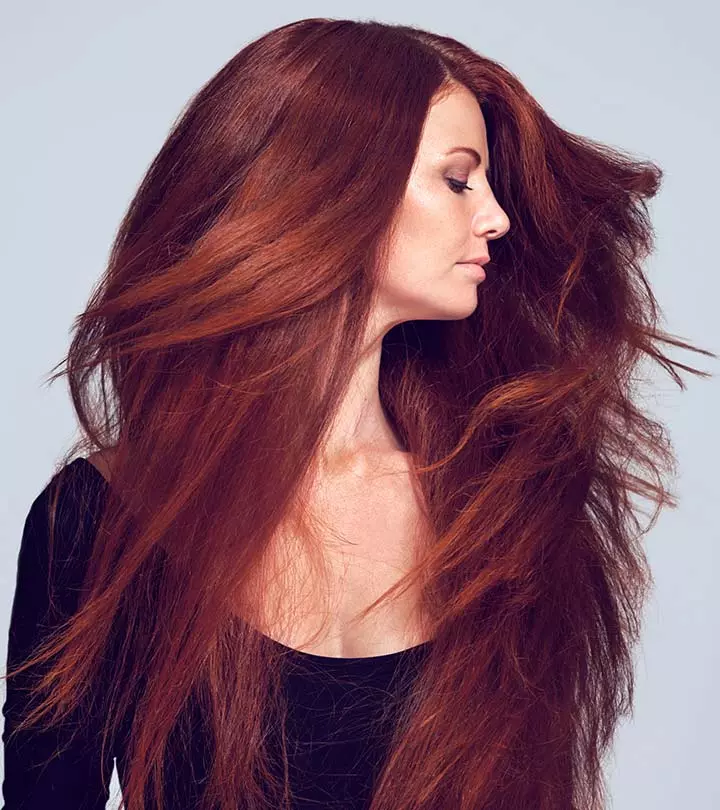
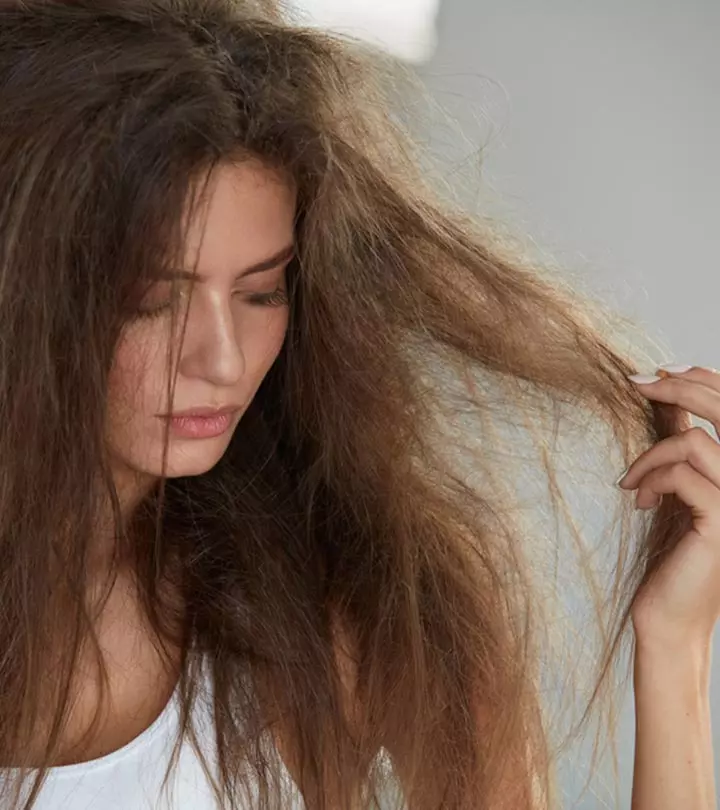
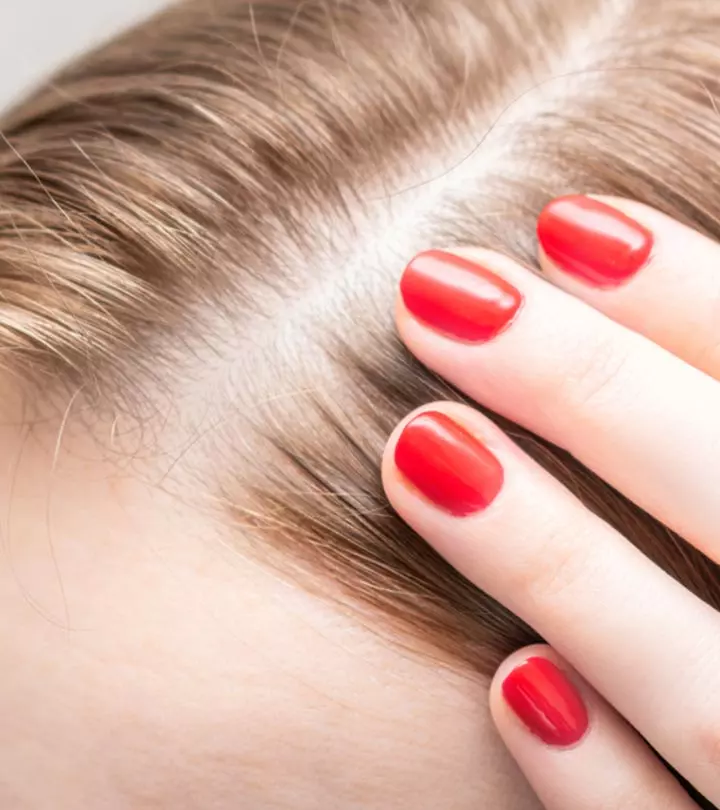
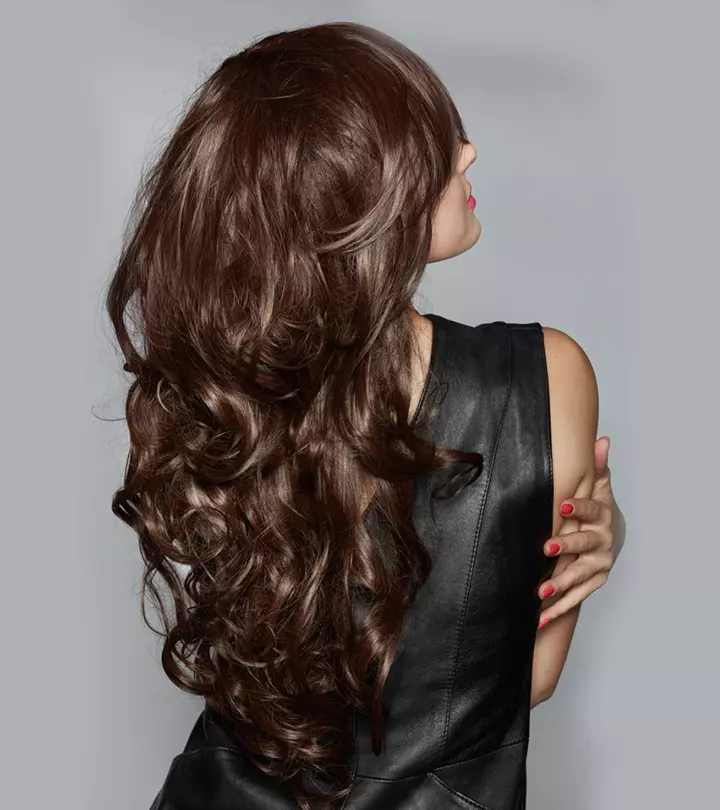

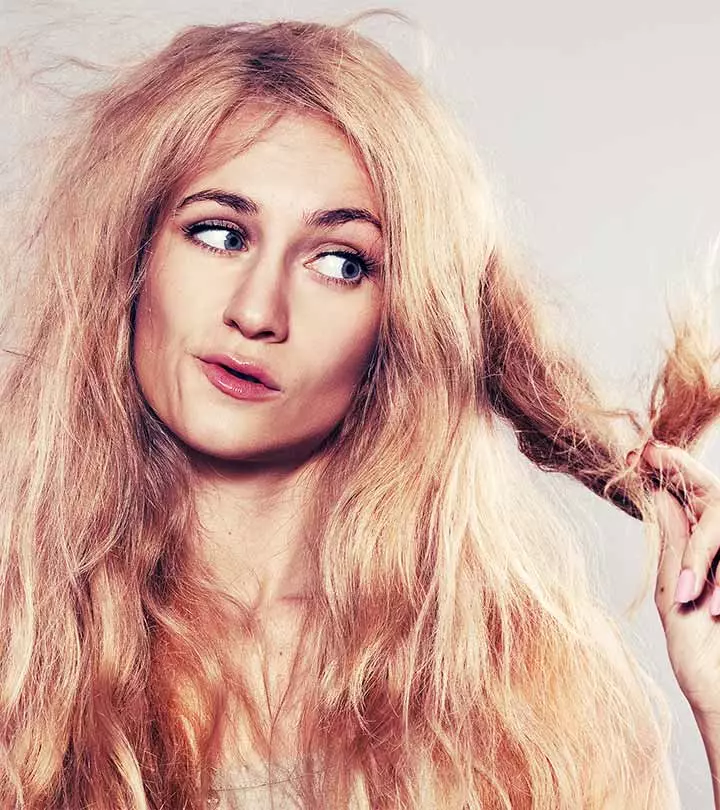
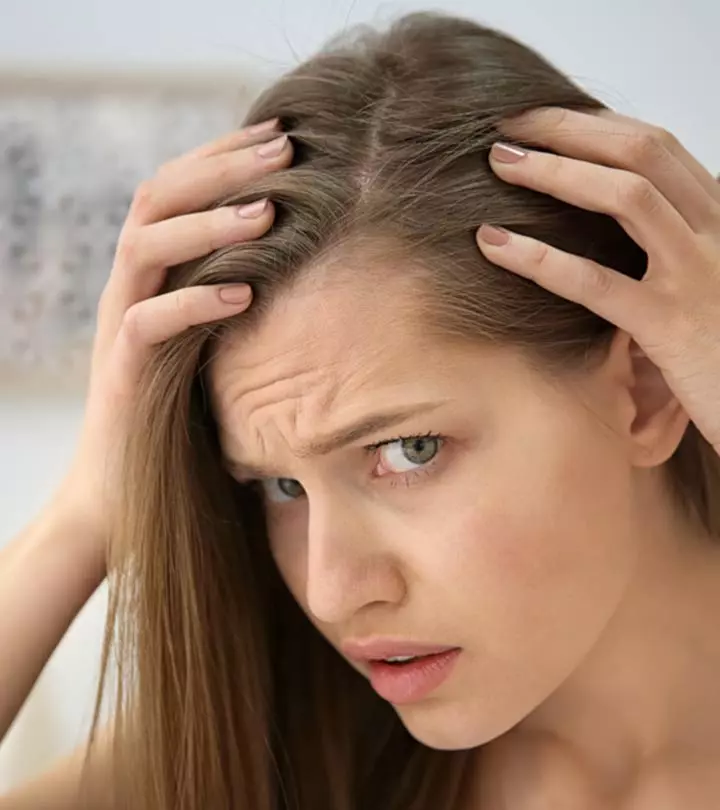
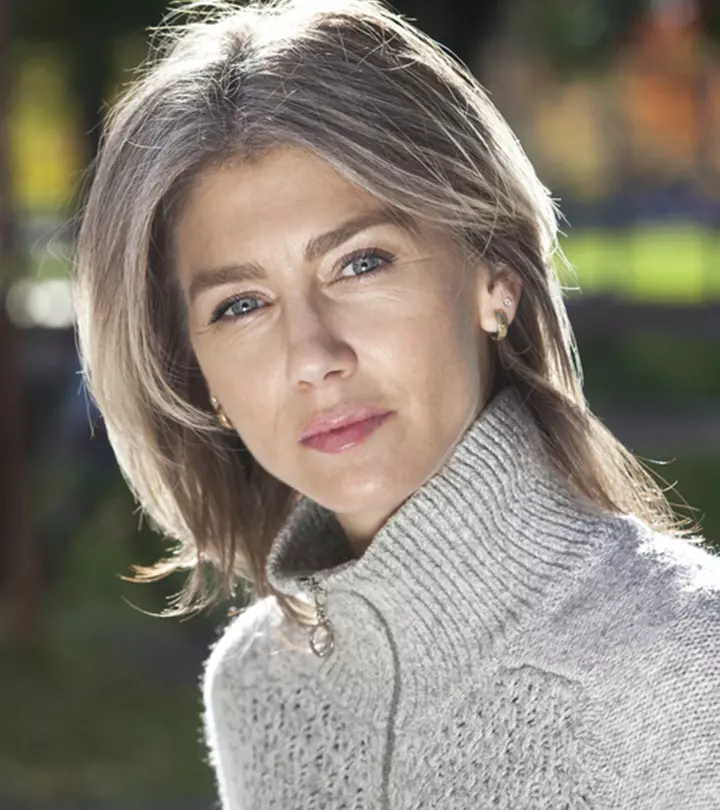
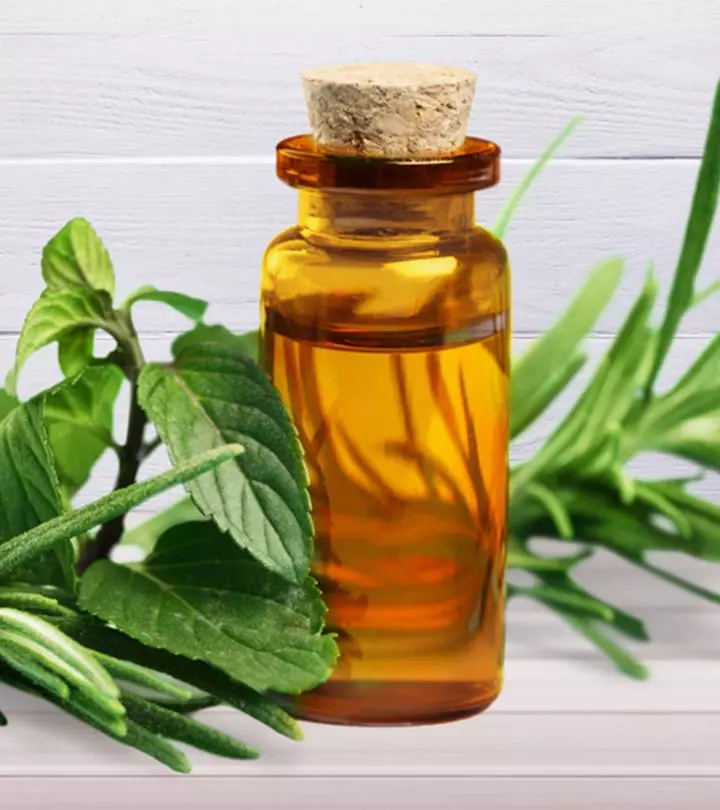
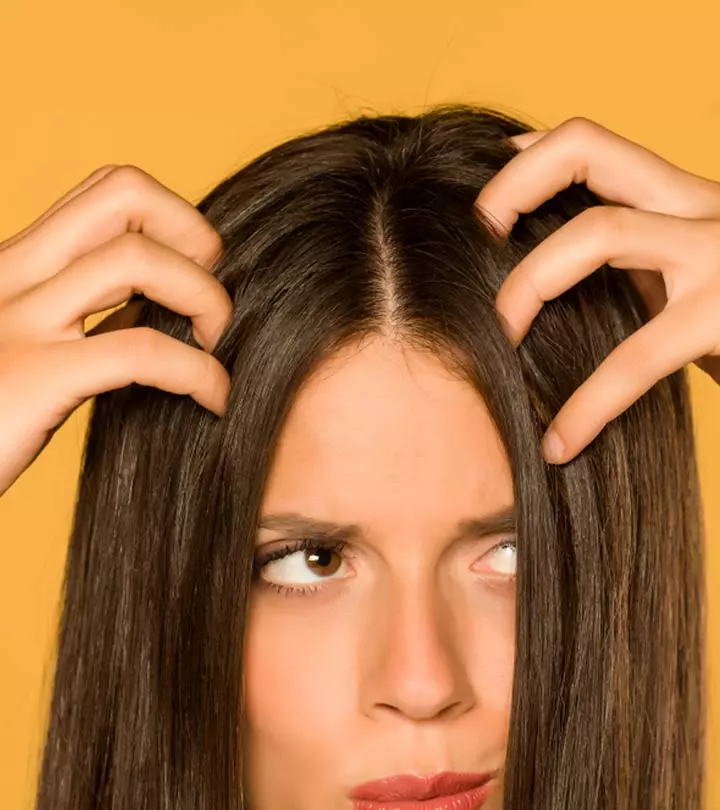
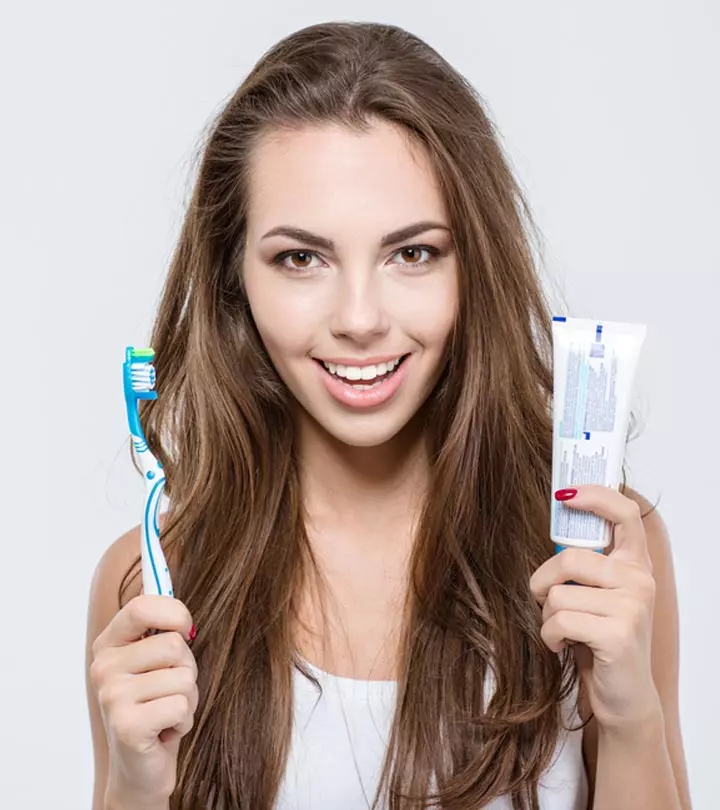
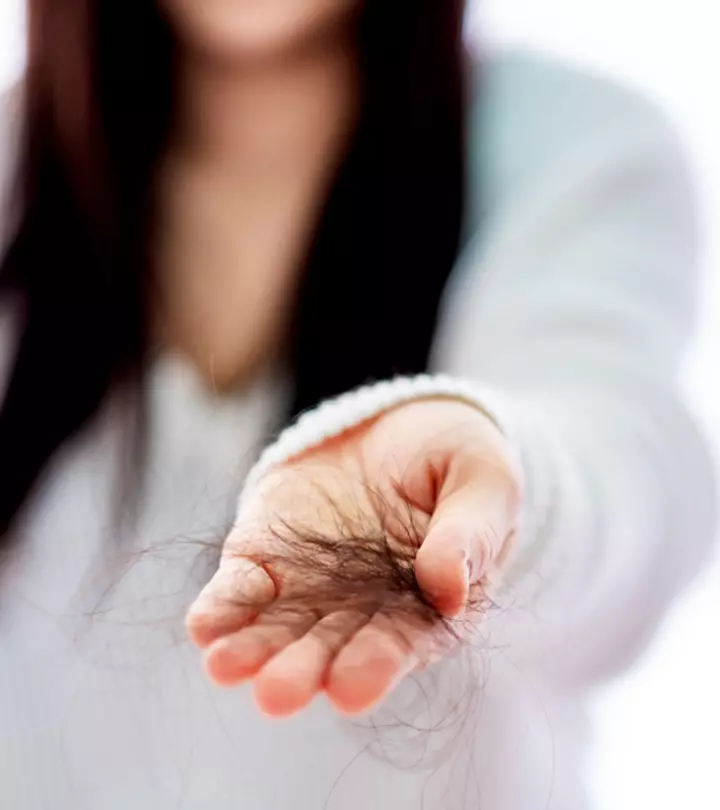
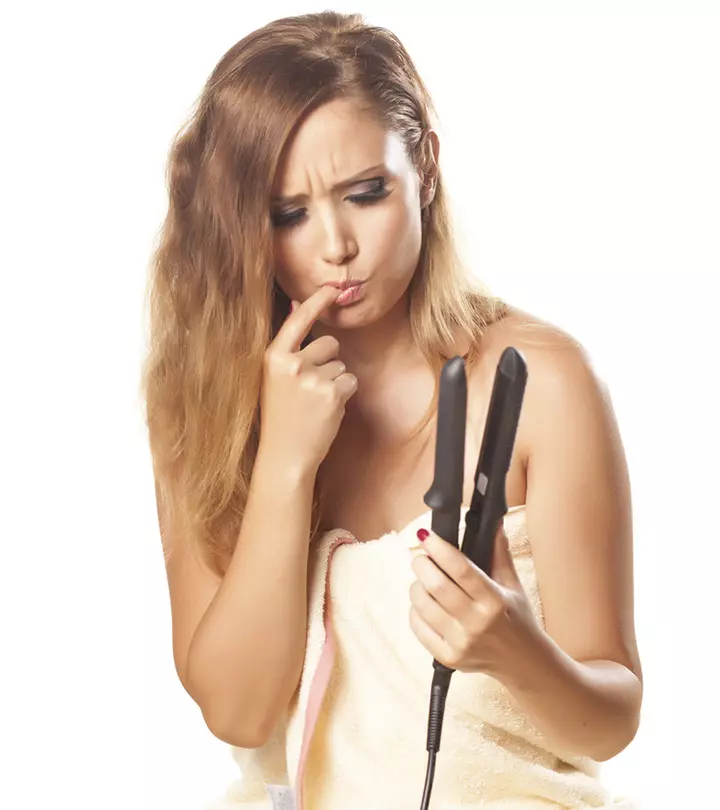
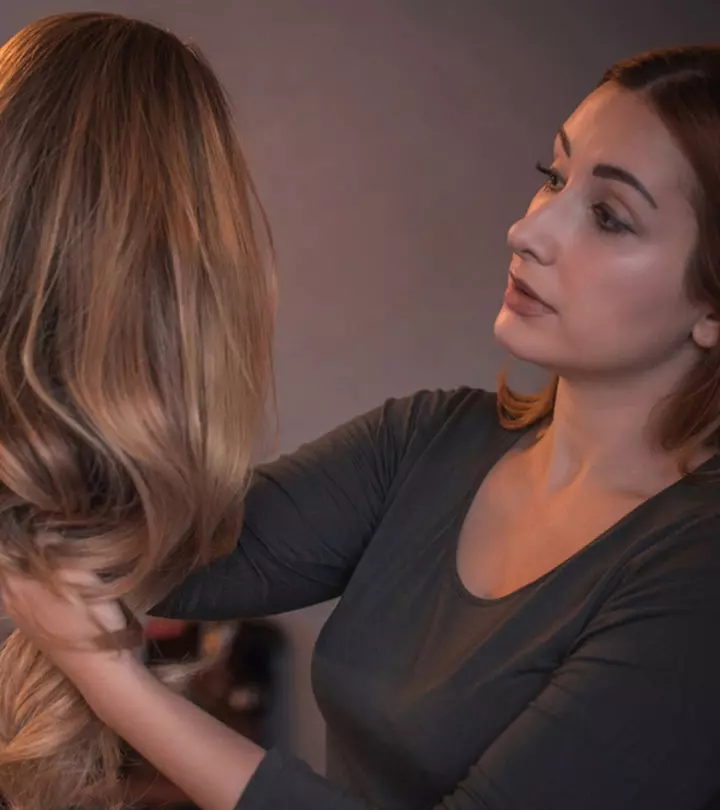
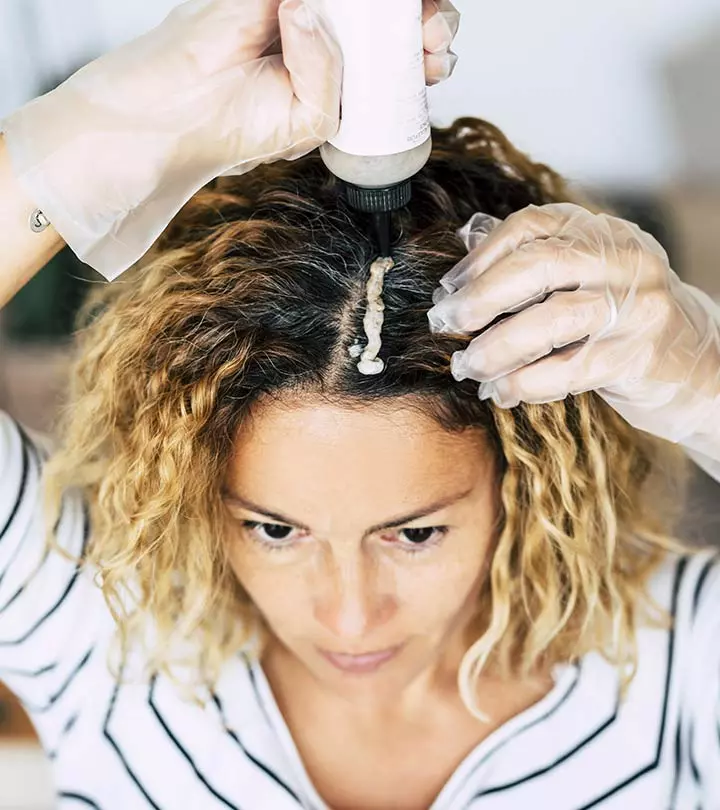

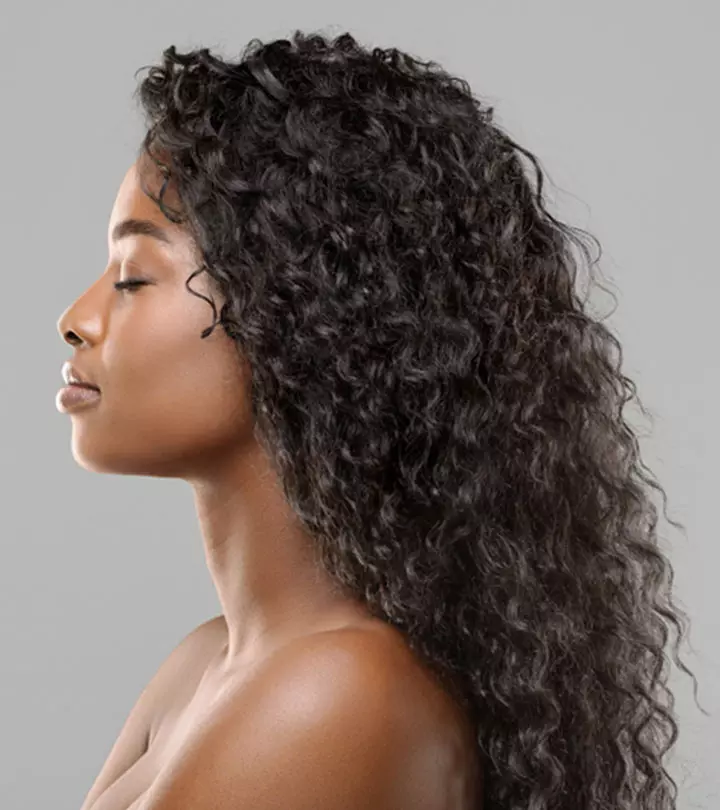
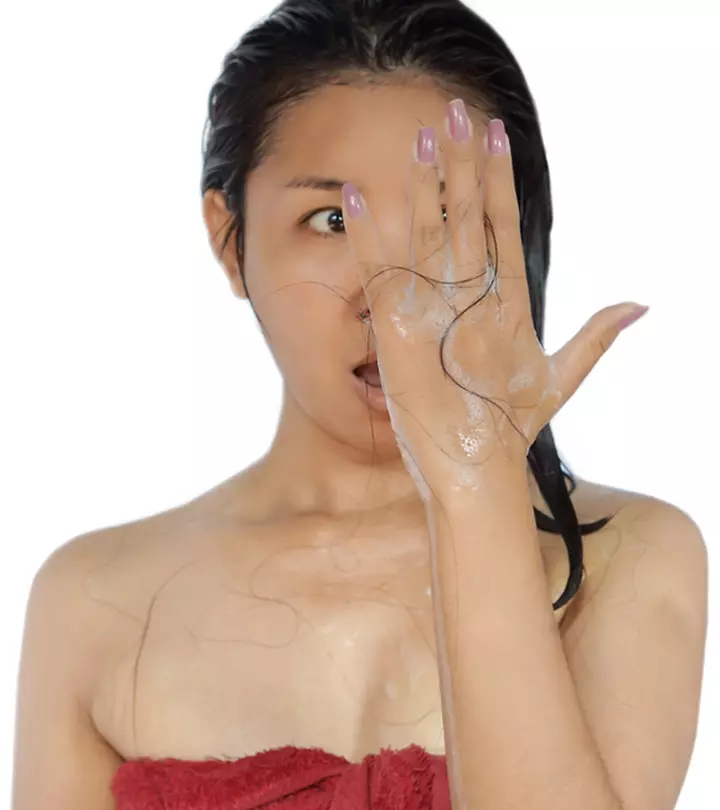
Community Experiences
Join the conversation and become a part of our empowering community! Share your stories, experiences, and insights to connect with other beauty, lifestyle, and health enthusiasts.